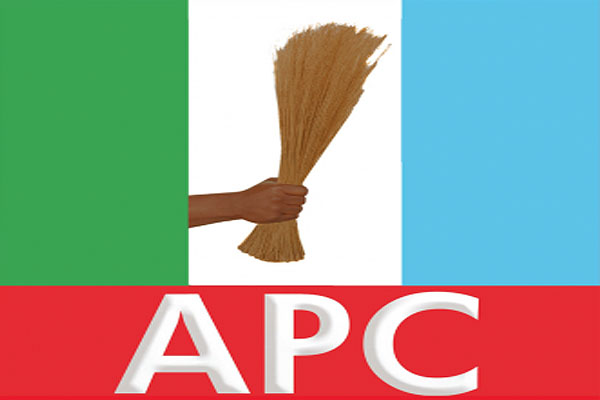The simmering discontent within the Lagos State chapter of the All Progressives Congress (APC) has escalated into open revolt as party members and aspirants for the upcoming local government elections decry alleged attempts to manipulate the candidate selection process. Accusations of imposition and disregard for grassroots democracy have fueled protests across several local councils, casting a shadow over the scheduled July 12th elections. The party’s decision to adopt a consensus-based approach, ostensibly to streamline the primaries and foster unity, has instead ignited claims of favoritism and backroom deals, threatening to fracture the party’s cohesiveness.
The controversy centers on the selection of chairmanship candidates for the 57 council seats and 376 councillorship positions. While the Lagos State Independent Electoral Commission (LASIEC) laid out the electoral guidelines in April, the APC’s internal processes have sparked widespread outrage. Party leaders in various local government areas (LGAs) and local council development areas (LCDAs) formed committees to identify consensus candidates, a move that many aspirants perceive as a thinly veiled attempt to impose pre-selected individuals and stifle genuine competition.
Specific instances of alleged manipulation have further inflamed the situation. In Ojokoro LCDA, conflicting claims regarding the legitimate consensus candidate have emerged, with accusations of external influence and a lack of local representation fueling the dispute. Similarly, protests have erupted in Yaba LCDA over allegations that a candidate who performed poorly in the screening process is being positioned as the party’s choice, allegedly through the manipulation of results and invocation of the President’s name. These controversies underscore the deep mistrust and perceived lack of transparency surrounding the consensus method.
The escalating crisis has prompted interventions from various quarters. Concerned stakeholders in Yaba LCDA, including landlords and political figures, have petitioned First Lady Oluremi Tinubu and President Bola Tinubu, seeking their intervention to prevent what they describe as a recurring pattern of imposition that stifles local development. They advocate for a more inclusive and consultative approach to candidate selection, emphasizing the importance of grassroots input. Meanwhile, outgoing Chairman Dele Osinowo’s media aide, Opeyemi Ahmed, has publicly criticized the party’s shifting guidelines, arguing that the perceived manipulations could jeopardize Tinubu’s re-election bid in 2027.
The growing dissent within the APC ranks has also drawn warnings from prominent party figures. Chieftain Fouad Oki has cautioned against the dangers of prioritizing internal cliques over democratic processes, emphasizing that disenfranchisement at the grassroots level could have far-reaching consequences, impacting not only the local council elections but also future general elections. He urged the party to embrace inclusivity and heed the lessons of past political missteps, warning that internal discord could ultimately lead to the loss of Lagos.
In response to the mounting allegations, the APC’s Publicity Secretary, Seye Oladejo, has defended the party’s actions, denying claims of imposition and highlighting the legitimacy of consensus-building as a constitutionally recognized mechanism. He insists that the primary processes are still ongoing and that consensus has historically been an effective tool for the party. Oladejo further maintains that the party has internal mechanisms for conflict resolution and that any disagreements arising from the primaries will be addressed. However, these assurances have done little to quell the rising tide of discontent within the party.
The ongoing turmoil within the Lagos APC underscores the inherent challenges of balancing party unity with democratic principles. The controversy surrounding the consensus method reveals the potential for manipulation and the erosion of trust when internal processes are perceived as opaque and undemocratic. The escalating protests and public criticisms from within the party’s ranks highlight the urgent need for greater transparency and inclusivity in the candidate selection process to mitigate the risk of fracturing the party and jeopardizing its electoral prospects. The party’s ability to address these grievances effectively will be crucial in determining its success in the upcoming local government elections and beyond.


